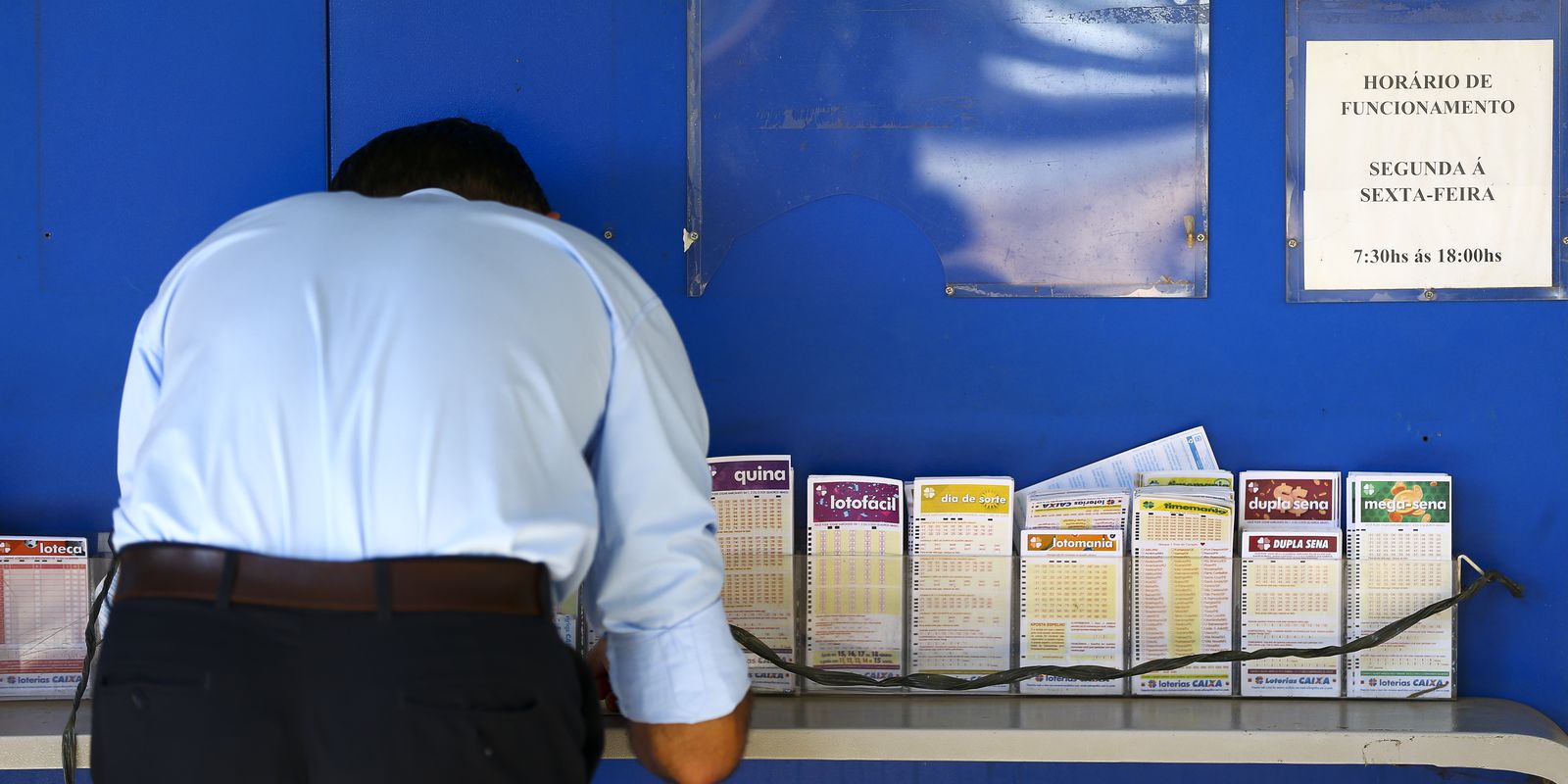It is not uncommon that prior to voting there are agreements to deal with voting, both within each group and between different sectors. And although it has happened that there have been surprises, what happened yesterday with the Political System Commission was different. There was a pre-agreement between leftist and center-left forces, however, this was disarmed even before the commission’s report came out. The days prior to the arrival at the Plenary, the projection was already unfavorable to the report, especially due to the inconsistencies and contradictions between different norms that could not be unblocked in the commission, and about what in general everyone agreed existed.
The atmosphere in the Convention was marked by the certainty that a large part of the report would be rejected, and that the pre-agreement would be dismantled. And so it happened, although with novelties, since some of the articles received zero votesdespite having obtained a majority in committee, something that had not happened with any other report.
In total, only 3 articles were approved: the article 3, which establishes that “it will correspond to the State, in its different spheres and functions, to guarantee the democratic participation and political impact of society, ensuring the participation of oppressed and historically excluded groups and of special protection”; the article 4, which says that “Chile is a Plurinational and Intercultural State that recognizes the coexistence of various nations and peoples within the framework of the unity of the State”; and the article 5which is related to the previous one, and which establishes that “the pre-existing indigenous peoples and nations and their members, by virtue of their self-determination, have the right to the full exercise of their collective and individual rights. In particular, they have the right to autonomy and self-government”, in addition to setting duties of the State to promote the participation of indigenous peoples and nations.
The other initiatives will return to the commission, and the instance has 15 days to formulate a replacement text. Yesterday the groups mostly committed themselves to seeking agreements, especially on key points such as the existence of a Council or a Territorial Chamber, in addition to the formula of the Executive, although some stressed that they were not available to reissue the Senate.
The debate and the crossed accusations
One of the interventions that generated the most controversy was that of the former vice president of the CC, Jaime Bassa (FA), who in plenary stated that the work of commission 1 “failed, because we are also going to call for a vote against practically the entire report, except for plurinationality and parity (…) The design accounts, first, for the effort that was made within the commission to build an agreement that was transversal and that satisfied the political objectives that, as representatives of the popular will, we bring to this space, but it also represents the way in which that effort failed, because an agreement was built and that agreement was progressively disfigured”. Thus, he shed light on what a part of the FA would do, also marking nuances with another sector of the group that preferred not to speak of a failure but of “an opportunity to improve.”
The strongest recrimination came from the Communist Party and the Plurinational and Popular Coordinator. The constituent Marcos Barraza (PC), thought that there was room to carry out the pre-agreement. After the votes, he stressed that what was experienced yesterday “is the irresponsibility of having called out loud to reject everything, in circumstances in which we don’t have the time to give ourselves that luxury to reject everything.
“I believe that the first responsibility lies with the forces that disfigured the agreement: Socialist Collective, Non-Neutral Independents and the former Coalition, which were approving norms within the Convention, which was undermining the bases of the agreement. And secondly , are all the forces that generically called for rejection,” said Barraza, the latter clearly alluding to Bassa. Her party colleague, Bárbara Sepúlveda, questioned that “if no one was satisfied, having presented this report under these conditions was also a mistake.”
Added to the criticism was the constituent of the Plurinational and Popular Coordinator, Tania Madriaga, who accused that “today, in an unpresentable way, they have voted in general against all the articles. I think that this is not a correct practice when in the committee voted in favour, therefore, they should be held accountable in plenary”.
The answers were not long in coming either. INN’s constituent, Patricia Politzer, stressed that “we do not feel responsible for having broken any agreement.” While Pedro Muñoz, from the Socialist Collective, replied that “the PC, which is pragmatic, today has been a bit opportunistic. I would invite them to continue working based on the broadest possible agreement, without taking water for their own mill, thinking of the future of the Political System, in the future of the Convention”.
In the case of the right, they also spoke of a failure, pointing mainly to the pre-agreement between the progressive forces of the Convention, and urging that they be incorporated into the agreements that must now be settled.
The coordinators of the commission, Rosa Catrileo and Ricardo Montero, made a self-criticism, although they assured that, given the lack of agreements on some points, this passage through the Plenary, based on the interventions, allowed for greater clarity about which They were the points where agreements could be reached. For Fernando Atria, the biggest knot is found in the powers and competencies of the Territorial Council.








